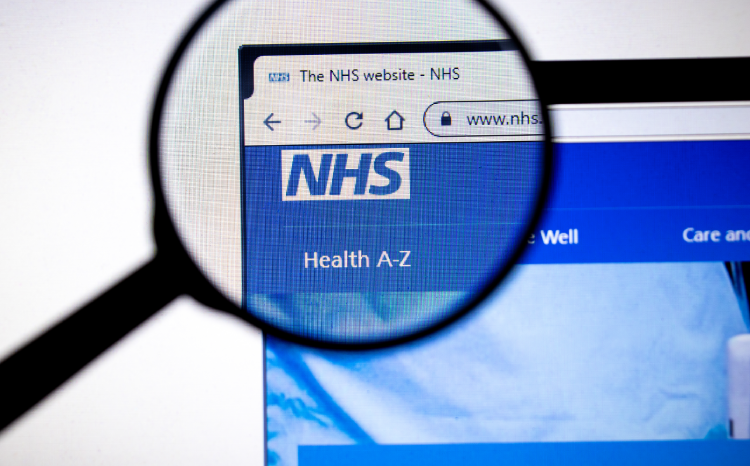NHS works with SMEs
- 22 June 2015

A group of healthcare and digital experts are working together to help break down barriers between NHS organisations and small technology companies.
The working group aims to publish a document early next year that will look at creating sustainable business models, specifying a solution and engaging the market, clear routes for investment and business growth as well as looking at options and routes to procurement.
The group includes representatives from NHS England, the Office of Life Sciences and the Health and Social Care Information Centre, as well as from Yeovil District Hospital, Guys and St Thomas’ and The Royal Free London NHS Foundation Trusts.
They have been brought together to work with a number of small and medium sized enterprises by health consultancy ZPB Associates and Guy’s and St Thomas’ Charity.
Yeovil commercial director Simon Lilley believes he brings a “fresh set of eyes” to the aim of digitising the NHS after previously spending 20 years in the airline industry, which is well known for being consumer-led and innovative.
He said the NHS is at a critical point in time where the “model is broken and needs to change” and while that is stressful, it is also exciting as it presents opportunities for SMEs to prove concepts.
Yeovil is one of NHS England’s nine integrated primary and acute care systems vanguard sites, so what is achieved for the local health community will ultimately shape the future of other parts of the UK, said Lilley.
“We have already implemented a number of private sector partnerships here at Yeovil so we have some first hand experience and are willing to share that insight into how we shaped the commercial deals and the incentives for both the NHS and private sector partners,” he told Digital Health News.
The trust has created an agreement with a small app developing company called uMotif to create some post surgery health tracking apps and the deal allows Yeovil to benefit from any future success of the apps elsewhere in the market.
Lilley said a key barrier to SMEs doing business with the NHS is the “laborious long-winded procurement hurdles”, which prevent innovation and speed to market.
The value of working with smaller businesses is that they are generally more nimble and innovative and able to work closely with NHS organisations to develop products that work for them.
“I would rather move quickly and get new products and services into this market on the basis of them being 80-90% right, rather than wait three to four years for an all-encompassing system because things will have moved on by then.”
He said NHS organisations must recognise this potential value and work with SMEs on new product developments that can provide value and be replicated across the UK. These partnerships should not be simple customer/ supplier contracts, but partnerships that allow the NHS to realise some financial benefit from the developments.
“SMEs want to be a part of this because they can see value in the future. We have an extremely lucrative opportunity for SMEs at the moment,” Lilley added.
“Traditionally the NHS has recognised that technology will play a part in the future, but it’s been very focused on how it can improve the health of patients which is absolutely primary, but there’s also recognition needed of how technology fits into consumer behaviour.
“People are very comfortable using new technology so it’s not just about the medical impact, but creating ways of doing business that fit within the way people manage their lives and there’s a financial benefit to the NHS as it finds a model to make it sustainable.”
The group is having its first meeting in a few weeks time and hopes to publish its findings in early 2016.
Ieso Digital Health is one of the SMEs on the working group. Chief executive Barnaby Perks said the NHS has set itself some ambitious challenges around the digitisation of healthcare in the Five Year Forward View.
“Much of the innovation needed to make these aspirations a reality is coming from private sector NHS partners, especially SMEs, bringing a fresh approach to delivery of clinical services.
“The pathway to mainstream NHS adoption of novel approaches is far from straightforward, even when the benefits are compelling. That’s why we are particularly pleased to support this initiative to bring NHS bodies and health-tech SMEs to work together to overcome the challenges,” Perks said.




